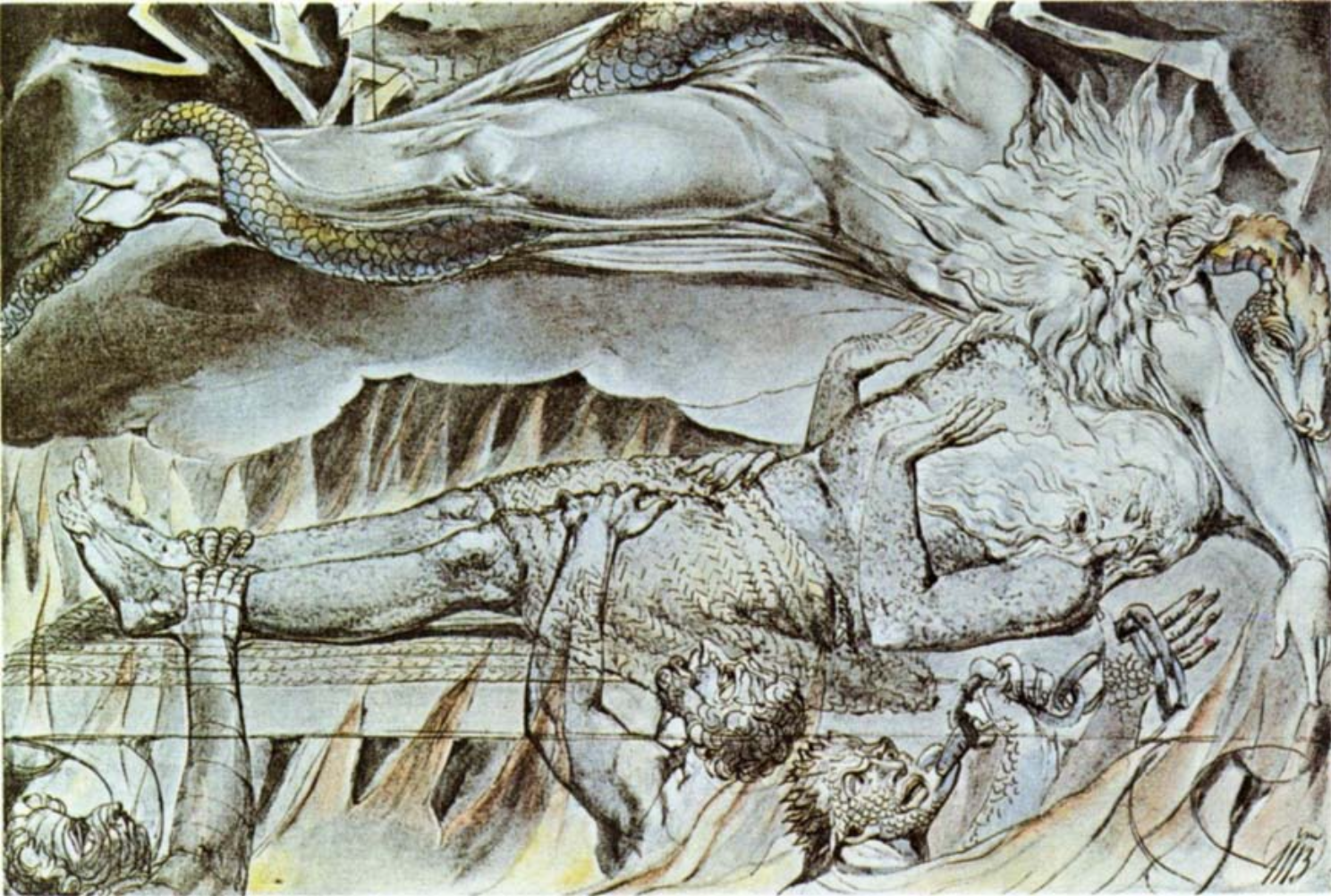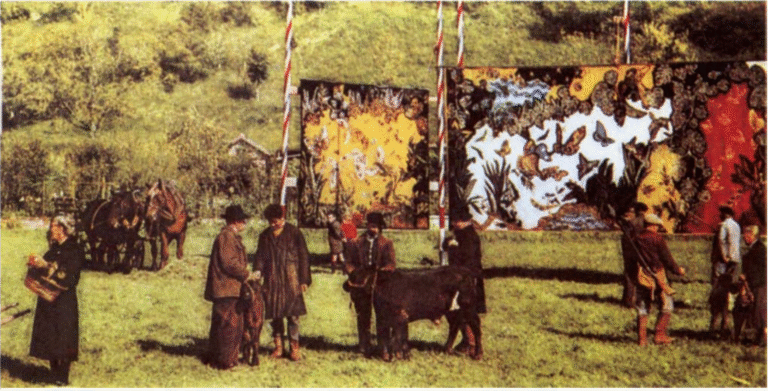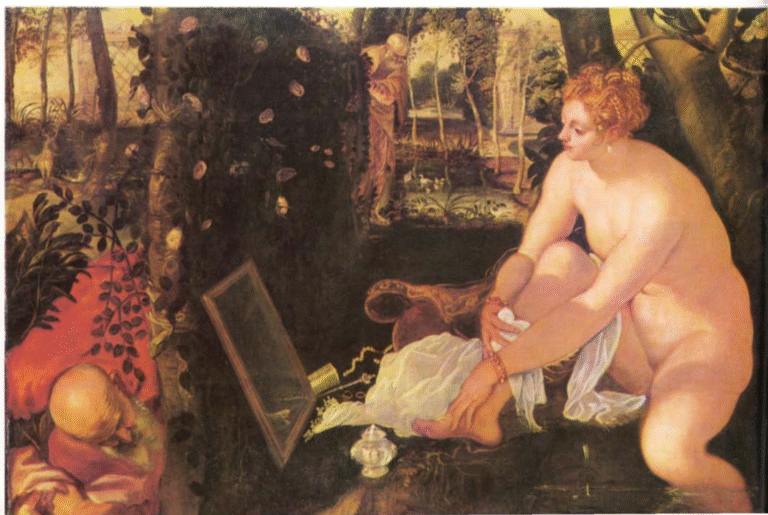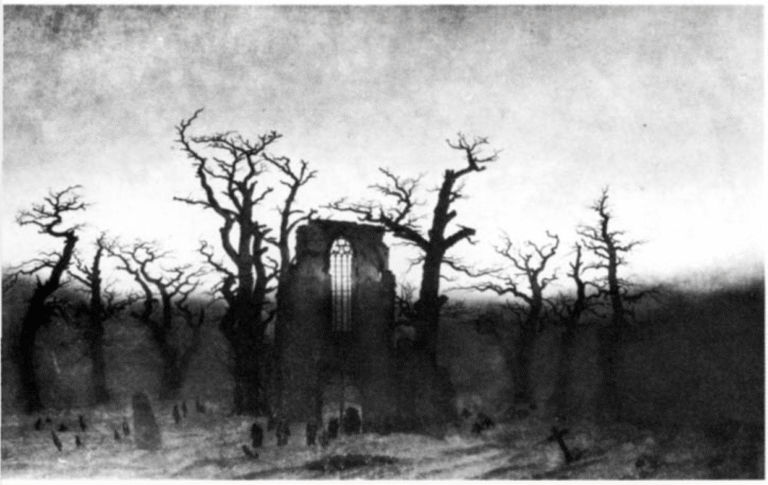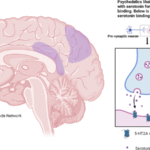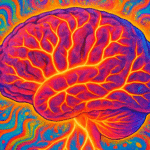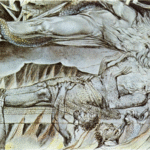“Your visions will become clear only when you can look into your own heart. Who looks outside, dreams; who looks inside, awakes.”
In today’s urban landscape, individuals often struggle to find meaning amidst demanding routines and superficial goals. This relentless pursuit leaves many feeling disconnected and purposeless, chasing societal expectations rather than personal fulfillment. Despite the appearance of busy, successful lives, many experience a deep sense of emptiness, leading to burnout, anxiety, and depression, significantly impacting the quality of life in metropolitan areas. While materialistic success offers financial rewards, it fails to provide genuine satisfaction, fostering a culture of comparison and insatiable desires.
The majority of our population is stuck in the daily rat races of chasing more and more materialistic goals and losing a sense of purpose in life. The silent burnout in this apparent, perfect life has led to a major wave of anxiety and depression, which has affected the quality of life in all metropolitan cities. The apparent materialistic society has given us fat paychecks but has not been able to provide us with a sense of satisfaction with what we have in our lives; instead, it has led to an environment of comparison and a materialistic soul whose thrust cannot be replenished with what we have.
The lost soul
The chasing of empty goals and deadlines in the concrete jungles of our metropolitan cities has led to a sense of soul, as described by the Swiss psychiatrist Jung. The incredible speed at which our lives have taken since the exponential industrial revolution and postmodernistic society has led to a huge gap between the wants and needs of the soul. In the early years of the 1900s, when people had little to eat and a limited set of belongings, the soul of the body was still satisfied because it had a sense of connection with nature and a sense of belonging with other fauna and flora of this world. But since the mass industrialisation has taken place in Europe and then in the entire world, that sense of connection has been replaced by a chase of materialistic belongings in the thrust of attaining more than one’s friends and family.
The modernistic society has replaced spirituality with productivity. The post-modern society strives on a sense of productivity where everyone wants to fit 30 hours of tasks in 24 hours of the day. Every soul in this society thrives towards being the most productive body in the room, but that sense of connection to the things around them is lost in the ancient remains of the so-called prehistoric era. This sense of belonging and connection with our nature was an important aspect of our society and played a huge role in the satisfaction of the souls of the living beings, which helped in replenishing the soul towards a fulfilled purpose.
Shadow and Symptoms
The concept of shadow by the Swiss author explains the exponential rise in the rates of mental health issues in post-industrial and modern society. Carl Jung hypothesised that all the repressed thoughts, needs and wants of the soul are repressed into a part of the psyche which he called- Shadow. This shadow consists of all the repressed thoughts, feelings and manifestations which the individual is not able to fulfil as a result of their way of living or circumstances. This shadow exerts its effects on the psyche in forms of mental illness such as anxiety, depression and even psychosis. The suppression of feelings and thoughts of the individual is in constant battle with the consciousness of the person and exerts a huge amount of conflictive behaviour, which results in exertion on the consciousness that the psyche is not able to handle; as a result, it represents this conflict in the form of depression and anxiety.
“What we do not make conscious appears in our life as fate”,-
Carl Jung explains that the constant conflict between the ego and the shadow is a symptom of increased anxiety. It becomes the most important job of a mental health professional to make the shadow conscious to bring the suppressed wishes and thoughts to light, to make these thoughts conscious, and, in turn, relieve the psyche from this internal conflict.
Reconnecting of the soul
The importance of connecting the inner soul and the external psyche cannot be emphasised more. The main means of achieving this goal is listening to our dreams, as they are the only means by which our unconscious talks to our consciousness. Dreams play an important part in expanding to us the meaning and the purpose of the soul and our inner shadow. Jung hypothesised that these dreams become the sole projection of the shadow, and to cure the soul of one needs to listen very carefully to these dreams to make sure that these dreams are interpreted as an encrypted message of the shadow. Through these dreams, we can heal our shadow and bring it to light by accepting it in the form they are in rather than suppressing it into something it is not.
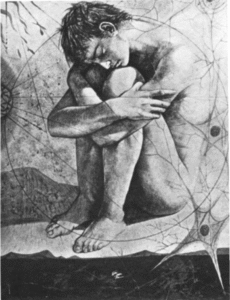
Jung stresses that dreams, intuitions and acceptance of the inner thoughts, feelings, and emotions are the only means by which modern souls can achieve some sense of belonging in this chaotic modern society. The loss of purpose and the disconnection with spirituality can only be achieved by accepting the soul in the form it is in. One needs to understand the problem first before concluding any hypothesis for the solution of the problem. This takes time, effort and patience. The constant pursuit of productivity and chasing materialism leaves no time for art, music and solitude, which are important for the satisfaction of the soul. Taking time for these activities can significantly affect the mental well-being of the post-modern man.
Psychological Tie-In
The Jungian theory of psychoanalyticism is based on the acceptance of the shadow and integration of the shadow in whatever form it is in with the psyche as the only means to achieve a fulfilled life. The constant struggle between the consciousness and the unconsciousness is due to the repression of thoughts andfeelingsg which one deems unfit due to various reasons like societal constraints, personal beliefs and parental pressure. This results in an upwards force exerted on the consciousness due to the suppressive behaviour, resulting in contrasting thoughts and behaviour patterns, often resulting in mental health issues too.
The repression, although justified by the psyche as a means to fit in the society, results in a sense of emptiness and nonsensical behavioural patterns which does not align with the real contents of the psyche. A psychological tie-up between the Shadow and the Psych is hypothesised by Jung as a goal of psychotherapy. Acceptance is the first medium through which progress can be achieved in the mental health of the individual.
Reflection
“What part of yourself have you neglected in your pursuit of success?”
becomes one of the most compelling questions asked by the Jungian school of thought. The rat race of chasing materials and achieving the highest productivity in the room results in a loss of a sense of belonging to nature and the planet as a whole. As a result, humanity is in constant need of a purpose beyond this planet and in constant search for a purpose in life. Jung reminds us that we cannot forget that we are still a part of the beautiful flora and fauna; we, too, are made of the same material as our fellow beings on this planet. Even though our thoughts are a living being, a part of ourselves, we cannot ignore an important part of our soul, our very existence and hope to live a fulfilled stress stress-free life.

